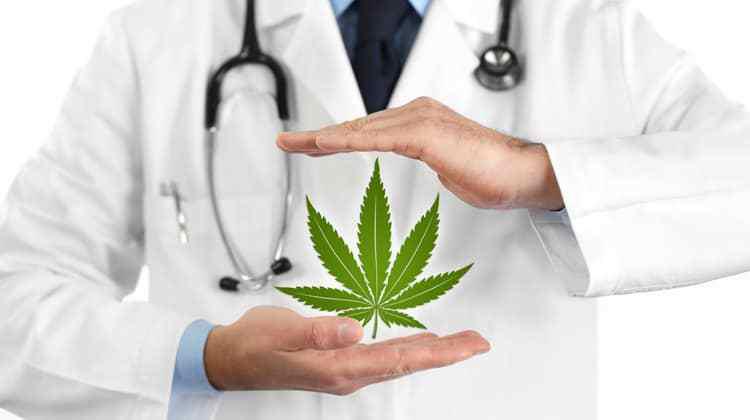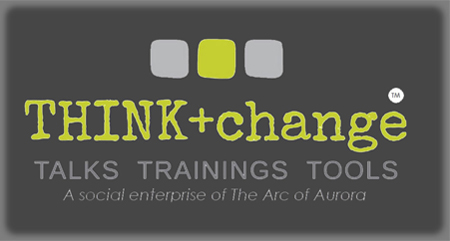 These Sixty Second Seminars review 10 topics about The Intersection between Medical Cannabis and Disability. Each video is only 1-2 minutes long and is great for people who learn best via small learning units!
These Sixty Second Seminars review 10 topics about The Intersection between Medical Cannabis and Disability. Each video is only 1-2 minutes long and is great for people who learn best via small learning units!
Medical Cannabis and You (2017)
While medical cannabis may not be right for YOU, ALL individuals, including those with disabilities, have the right to choose legal medical treatment options when considering a plan of care for a medical condition.
Cancer and Medical Cannabis (2017)
In states where medical cannabis is legal, cancer patients should consider asking their medical professionals whether medical cannabis could help.
PTSD and Medical Cannabis (2017)
Many PTSD survivors report that medical cannabis helps with their symptoms. In August 2017, the American Legion, the largest wartime veterans’ service organization with 2.2 million members, adopted a resolution supporting medical cannabis as a viable treatment for veterans experiencing PTSD.
Autism Spectrum Disorders and Medical Cannabis (2017)
Anecdotal data indicate that medical cannabis is offering encouraging results in reducing aggressive behaviors and increasing communication skills for those with ASD. Further, pioneering research in Israel, Canada, and the Netherlands is leading the way to move the discussion from anecdotal to a possible bonafide treatment.
Chronic Pain and Medical Cannabis (2017)
While prescription opioids are the standard medical treatment for chronic pain, many patients, when given the opportunity, prefer medical cannabis to prescription opioids. Specifically, patients report feeling better and don’t have the many prescription opioid side effects that can include dizziness, constipation, nausea, headaches, and breathing problems.
Epilepsy and Medical Cannabis (2017)
Medical cannabis, in particular the high CBD, low THC variety, was recognized as a successful treatment for refractory epilepsy in the CNN documentary, WEED. Refractory epilepsy is epilepsy that is not controlled by pharmaceuticals.
What do disability advocates need to know about Medical Cannabis? (2017)
Disability advocates should know that ALL individuals have the right to choose legal medical treatment options, including choosing treatment options that are effective; to have their treatment choice respected, and to be supported in informed decision-making.
CBD and THC- What is the difference? (2017)
CBD and THC are naturally occurring cannabinoids in the cannabis plant. (Cannabis is also known as marijuana.) Cannabinoids are chemical compounds that are reported to relieve and treat a variety of conditions. CBD and THC can be used to treat the same or different illnesses.
Is it Medical Marijuana or Medical Cannabis? (2017)
While “medical marijuana” is the better-known term in general society, “medical cannabis” is the correct term.
Is Medical Marijuana Medicinal? (2017)
The Federal Drug Administration (FDA) has not recognized or approved the marijuana plant as a medicine. However, scientific study of cannabinoids has led to two FDA-approved medications, dronabinol, and nabilone.
